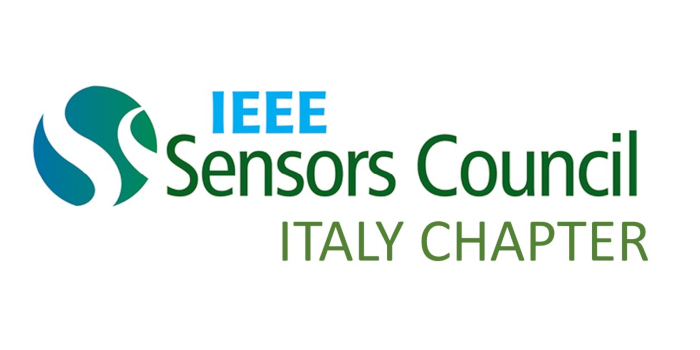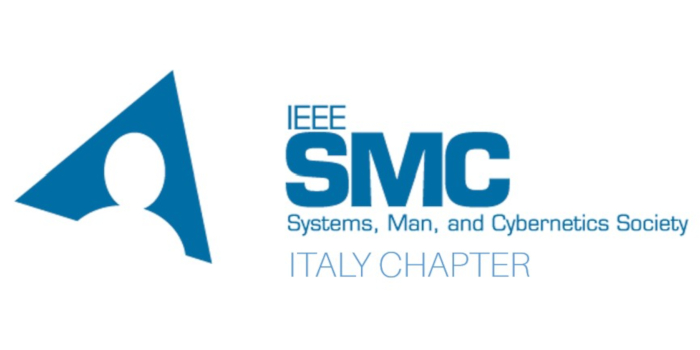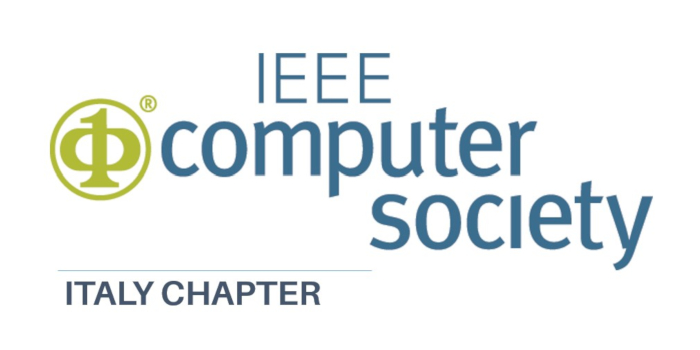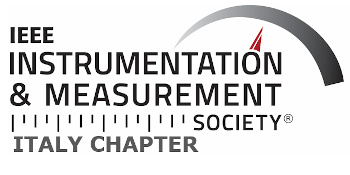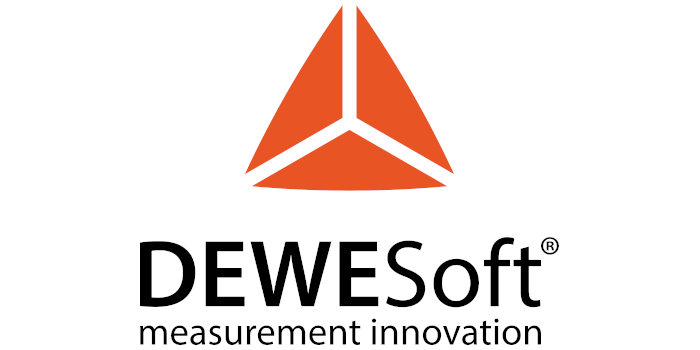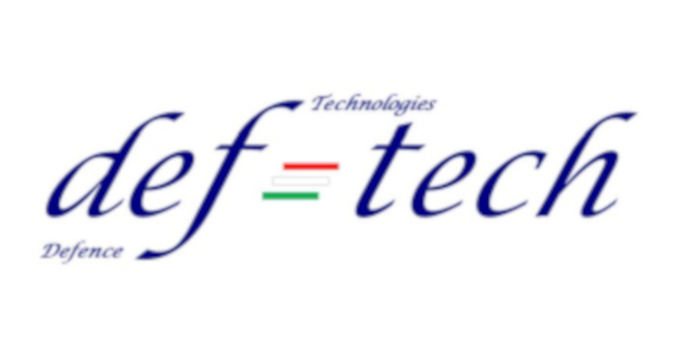Soft Electronics for Digitizing Human Body and Human-Centered Robotics
Nanshu Lu
Temple Foundation Endowed Associate Professor
Department of Aerospace Engineering & Engineering Mechanics (ASE/EM)
Department of Electrical and Computer Engineering (ECE)
Department of Mechanical Engineering (ME)
Department of Biomedical Engineering (BME)
The University of Texas at Austin
ABSTRACT
Industry 4.0, a.k.a. the cyber-physical systems, point to a future where humans will be more like robots (i.e., digital, computational, connected to the internet, etc.) whereas robots will be more like humans (i.e., soft, human-mimetic actuation and sensation, artificial intelligence, etc.). This talk will introduce my research on the design, fabrication, bio-integration and functionality of soft electronics based on inorganic but high-performance functional materials such as metals, silicon, carbon nanotubes (CNT), and graphene. In particular, epidermal electronics, a.k.a. electronic tattoos (e-tattoos), represent a class of noninvasive stretchable circuits, sensors, and stimulators that are ultrathin, ultrasoft and skin-conformable. My group has invented a dry and freeform “cut-solder-paste” method for the rapid prototyping of multimodal, wireless, or very large area e-tattoos that are also high-performance and long-term wearable. The e-tattoos can be applied for physiological sensing as well as human body digitization for human-robot interaction. While e-tattoos are to be worn by human, e-skins are to be worn by robots. Recently, we have engineered an e-skin based on barely electrically conductive porous nanocomposite laminated with an ultrathin insulating layer. The hybrid piezoresistive and piezocapacitive responses of this novel e-skin have enabled unprecedented pressure sensitivity at large pressures. It therefore could be applied for sensing very subtle surface pulse waves from the temporal artery even under the pressure of a VR headset. A stretchable version of it could be much more sensitive to out-of-plane pressure than in-plane strain, and hence can be mounted on an inflatable soft robotic finger for performing diverse tasks. A perspective on future opportunities and challenges in this field will be offered at the end of the webinar.
SPEAKER BIO
Dr. Nanshu Lu is currently Temple Foundation Endowed Associate Professor at the University of Texas at Austin. She received her B.Eng. from Tsinghua University, Beijing, Ph.D. from Harvard University, and then Beckman Postdoctoral Fellowship at UIUC. Her research concerns the mechanics, materials, manufacture, and human / robot integration of soft electronics. She has been named 35 innovators under 35 by MIT Technology Review (TR 35) and iCANX/ACS Nano Inaugural Rising Star. She has received US NSF CAREER Award, US ONR and AFOSR Young Investigator Awards, 3M non-tenured faculty award, and the ASME Thomas J.R. Hughes Young Investigator Award. She has been selected as one of the five great innovators on campus and five world-changing women at the University of Texas at Austin. She is a highly cited researcher identified by Web of Science. For more information, please visit Dr. Lu’s research group webpage at https://sites.utexas.edu/nanshulu/ and follow her Twitter: @nanshulu.





